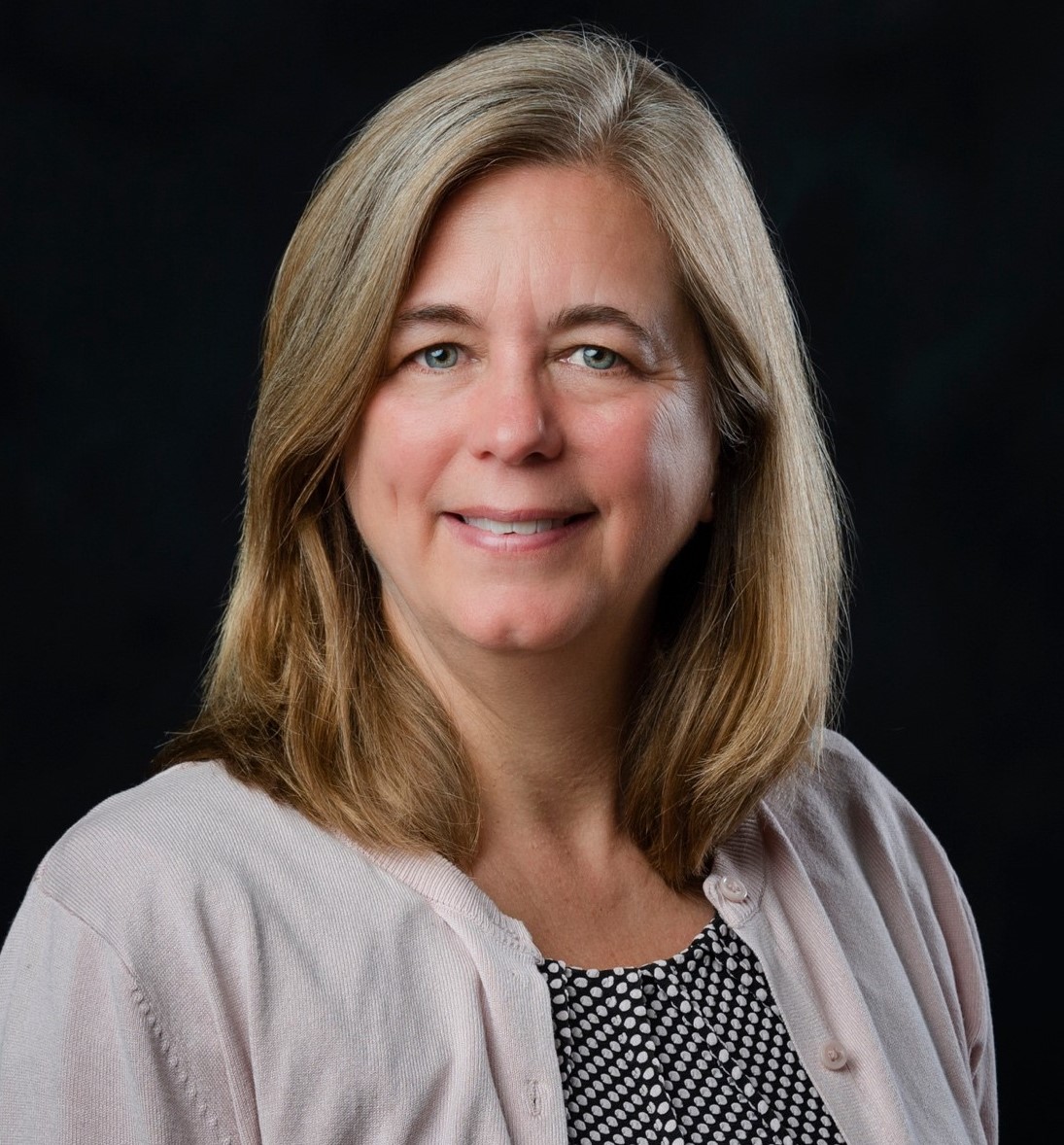Devon Brenner, Director of Social Science Research Center; Professor of Education, Mississippi State University
 About half of all school districts in the U.S. are in rural places, serving about one in five students (Showalter, et al., 2019). Rural schools can be amazing places to teach, with opportunities for strong family and community connections, and to make a real difference for students. Rural schools also have challenges—isolation, higher poverty rates, and a general perception that success means escaping to more urban places—that contribute to rural STEM teacher shortages (Gagnon & Mattingly, 2015).
About half of all school districts in the U.S. are in rural places, serving about one in five students (Showalter, et al., 2019). Rural schools can be amazing places to teach, with opportunities for strong family and community connections, and to make a real difference for students. Rural schools also have challenges—isolation, higher poverty rates, and a general perception that success means escaping to more urban places—that contribute to rural STEM teacher shortages (Gagnon & Mattingly, 2015).
A growing community is investigating how place matters in teacher education (e.g Azano et al., 2019, 2021; Moffa & McHenry-Sorber, 2018). Teacher education programs can work to understand the places their students come from and the schools and districts where graduates teach, and address place in a number of ways. These might include:
- Preparing teachers to develop place-based curriculum: Local resources—from industries to natural areas nearby—can become areas for STEM teaching and learning. When local water quality or weather patterns or changing community demographics become sites for learning STEM concepts, students learn the curriculum, and they also learn that their experiences are valuable and the places they are from are worthy of study (Dubel & Sobel, 2010). Teacher education can help teachers learn to leverage local resources for place-based learning.
- Providing opportunities to learn about local communities: Structured rural field experiences can dispel stereotypes about rural places as backwards and monolithic and help preservice teachers understand the complexity and diversity of the places they might teach, particularly when they involve talking with residents about their hopes and dreams for their children and communities and learning about local histories and shifting demographic changes (Downey, 2021; Schulte, 2018).
- Preparing teachers for unique aspects of rural teaching: In some ways teaching is the same everywhere, but there are unique features of rural teaching. Rural STEM teachers are often the “only” of their kind or teach multiple subjects, and they often play roles outside the classroom. Preparing educators with multiple areas of licensure, teaching how to plan for multiple preps, or building professional networks during preservice preparation—these and other strategies can help support new rural teachers in their unique contexts.
One resource for STEM educators interested in thinking about educator preparation for rural schools is the book Teaching in Rural Places: Thriving in Classrooms, Schools, and Communities (Azano, et al., 2020)—a textbook that sees rural teaching as an issue of equity for rural students and provides concrete strategies for place-conscious teaching and teacher preparation.
---
References:
Azano, A. P., Brenner, D., Downey, J., Eppley, K., & Schulte, A. K. (2020). Teaching in rural places: Thriving in classrooms, schools, and communities. Routledge.
Azano, A. P., Downey, J., & Brenner, D. (2019). Preparing pre-service teachers for rural schools. In J. Lampert (Ed.) Oxford Research Encyclopedia of Education. New York: Oxford University Press. https://doi.org/10.1093/acrefore/9780190264093.013.274
Azano, A. P., Eppley, K., & Biddle, C. (Eds) (2021). The Bloomsbury Handbook of Rural Education in the United States. Bloomsbury.
Downey, J. (2021). The rural community walk: A structured learning experience for understanding place.In Roberts, P. & Fuqua, E., Ruraling Education Research (pp. 61-75). Springer. https://doi.org/10.1007/978-981-16-0131-6_5
Dubel, M., & Sobel, D. (2010). Place-based teacher education. In D. A. Gruenwald & G. A. Smith (Eds.), Place-based education in the global age: Local diversity (pp. 309–344). Routledge.
Gagnon, D. J., & Mattingly, M. J. (2015). State policy responses to ensuring excellent educators in rural schools. Journal of Research in Rural Education, 30(13), 1-14. https://jrre.psu.edu/sites/default/files/2019-08/30-13.pdf
Moffa, E. & McHenry-Sorber, E. (2018). Learning to be rural: Lessons about being rural in teacher education programs. Rural Educator, 39(1). https://doi.org/10.35608/ruraled.v39i1.213
Schulte, A. (2018). Connecting to students through place. The Rural Educator, 39(2), 13-20. https://doi.org/10.35608/ruraled.v39i2.201
Showalter, D., Hartman, S.L., Johnson, J., & Klein, B. (2019). Why rural matters: The time is now. Washington, D.C: Rural School and Community Trust. http://www.ruraledu.org/WhyRuralMatters.pdf